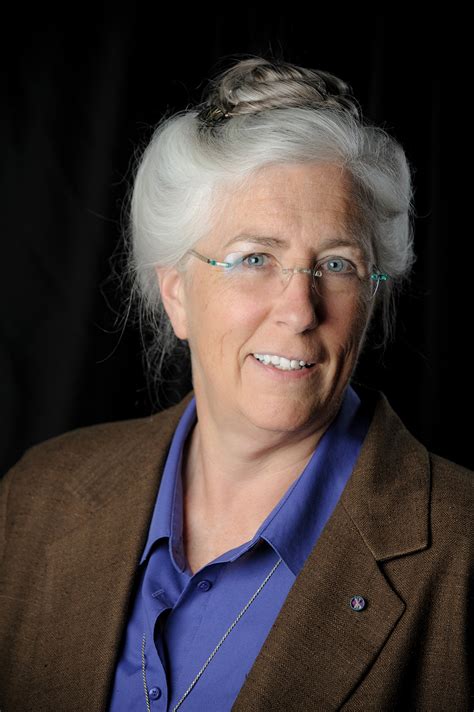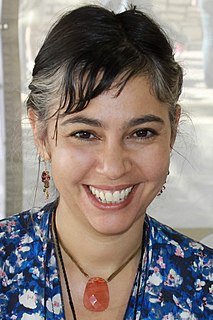A Quote by Laurie R. King
Libraries made me - as a reader, as a writer, and as a human being.
Related Quotes
The understanding between a non-technical writer and his reader is that he shall talk more or less like a human being and not like an Act of Parliament. I take it that the aim of such books must be to convey exact thought in inexact language... he can never succeed without the co-operation of the reader.
We must be forewarned that only rarely does a text easily lend itself to the reader's curiosity... the reading of a text is a transaction between the reader and the text, which mediates the encounter between the reader and writer. It is a composition between the reader and the writer in which the reader "rewrites" the text making a determined effort not to betray the author's spirit.
On a more technical level, a story takes a lot of words. And to generate words and phrases and images and so on, that will compel the reader to continue reading - that stand a chance of really grabbing a reader - the writer has to work out of a place of, let's say, familiarity and affection. The matrix of the story has to be made out of stuff the writer really knows about and likes. The writer can't be stretching and (purely) inventing all the time. Well, I can't, anyway.
Being pregnant taught me how to be a better writer. It was a lesson in negative capability and surrendering to necessity. Suddenly, my body instinctually yielded to the needs of this growing being, and I had no choice but to embrace what was happening and all that lay ahead, even if I was afraid and uncertain. So, while being a parent has made writing more challenging, it has also made being a writer more certain. There's no room to procrastinate; there is to time for fear.
It is easier for the reader to judge, by a thousand times, than for the writer to invent. The writer must summon his Idea out of nowhere, and his characters out of nothing, and catch words as they fly, and nail them to the page. The reader has something to go by and somewhere to start from, given to him freely and with great generosity by the writer. And still the reader feels free to find fault.
I think the trick of being a writer is to basically put your cards out there all the time and be willing to be as in the dark about what happens next as your reader would be at that time. And then you can really surprise yourself. There's that cliche, "No surprise for the writer, no surprise for the reader!"

































